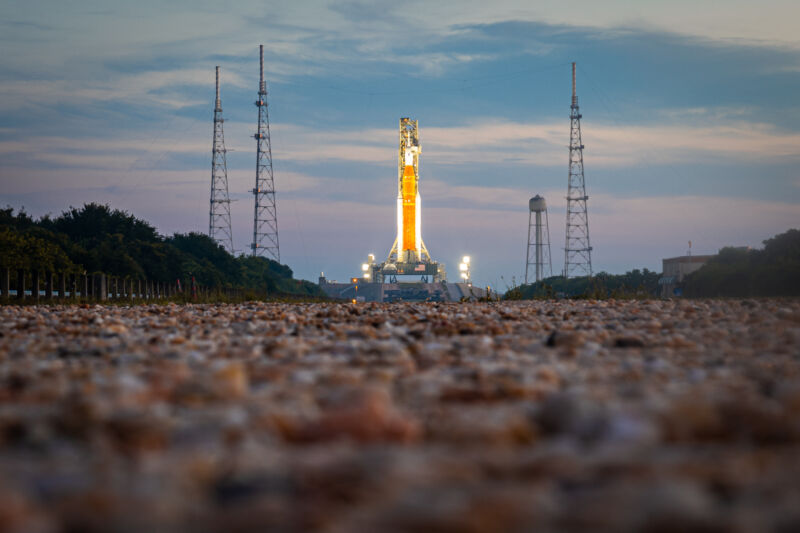
Boeing, which is responsible for developing the main stage of the Space Launch System (SLS) rocket, has announced significant staff reductions. The changes will affect both the main stage program and the Exploration Upper Stage program, a new rocket upper stage. According to the company, the reason for the cuts is “external factors” that are not related to the quality of the program.
During a general meeting held on Thursday and attended by more than a thousand Boeing employees, it was announced that layoffs and reassignments would take place. The reason for these measures was the shift in the schedules of NASA’s Artemis missions that will use the SLS. The Artemis program, which includes missions to the moon, is experiencing delays, and recent reports indicate that manned missions may be postponed.
Despite delays with the Artemis missions, the SLS rocket “demonstrated” good results during its debut launch in November 2022. The company is currently moving from the development stage to production, which naturally leads to a reduction in the need for engineering resources.
However, not only internal factors affect Boeing. Changes to NASA’s budget, which were discussed in Congress last week, also affect funding for future projects. In particular, budget cuts may force the agency to reallocate funding to other aspects of the Artemis program.
According to the sources, the layoffs at Boeing will take place at the company’s production facilities in Alabama, Louisiana, and Florida. This will be one of the company’s steps to optimize resources in response to changes in the schedules and budget realities of NASA’s space exploration program.
These cuts are also caused by the fact that NASA contractors, who are used to working the old-fashioned way, cannot compete with Elon Musk’s Space X, which demonstrates unsurpassed results and launches cargo into space at an extremely low cost to the industry. And with the Starship program moving forward, the use of “old” technologies will simply be impractical. Taxpayers simply won’t understand this, why launch a rocket into space for hundreds of millions of dollars and spend billions on its development if there is a cheap alternative.

